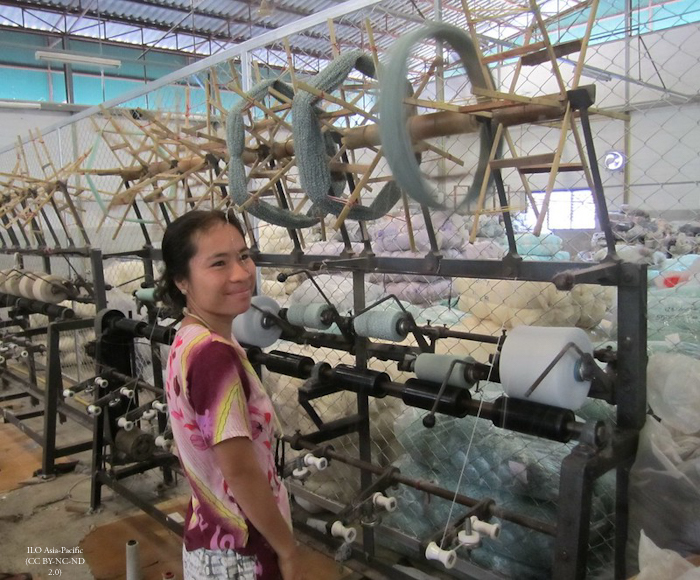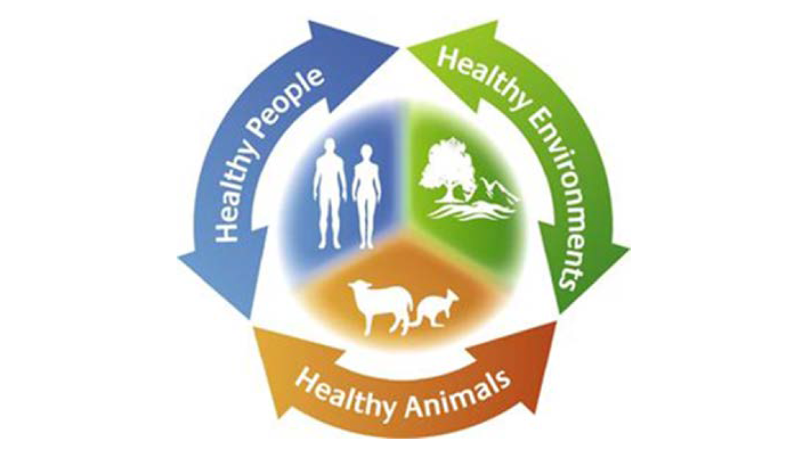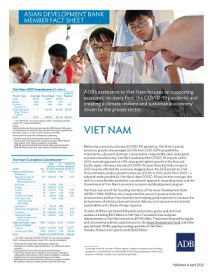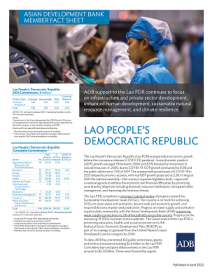ADB Strengthens Cooperation with ASEAN on Disaster Risk Management
The Asian Development Bank (ADB) has announced a grant of $1.3 million to advance disaster risk management in the Association of Southeast Asian Nations (ASEAN) through technical assistance (TA). The TA will support the implementation of the ASEAN Agreement on Disaster Management and Emergency Response Work Programme, 2021–2025, which will strengthen regional cooperation on understanding, reducing, and managing transboundary risks.










